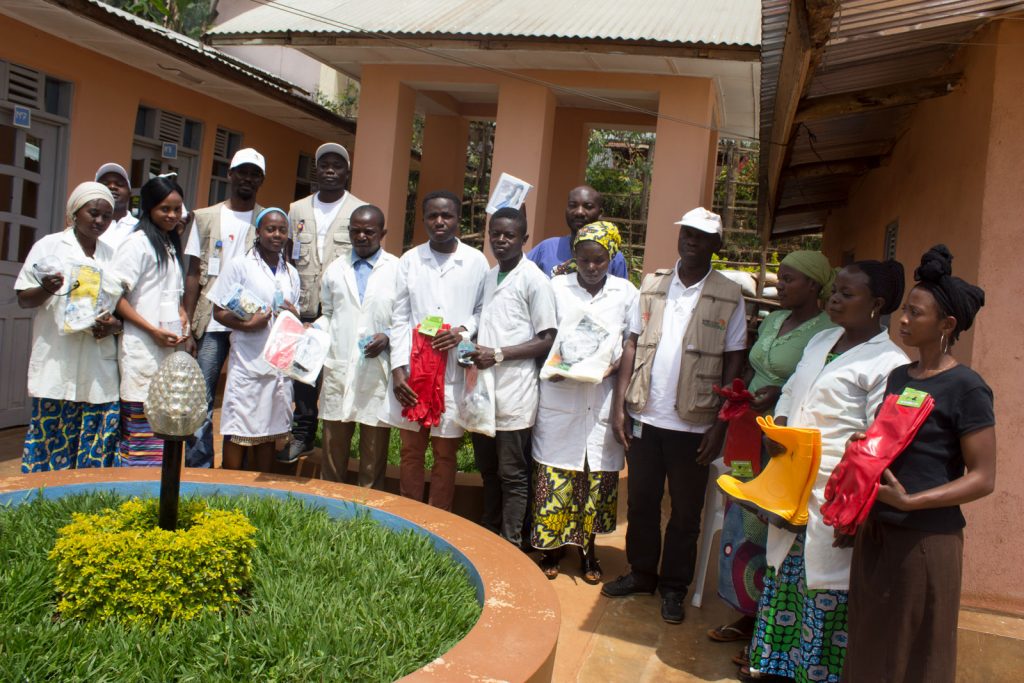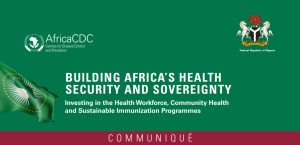The COVID-19 pandemic taught us that mortality monitoring is not just a statistical exercise; but a cornerstone of public health, a compass guiding us towards healthier communities, and a tool that empowers public health decision-making processes. Currently, Africa is home to almost 20% of the world’s population but suffers a high mortality burden. An estimated eight million deaths are reported annually, mainly due to infectious diseases, pregnancy and birth-related complications, non-communicable diseases, injuries and trauma, humanitarian crises and climate change-related factors. Further, the continent faces a disproportionately high burden of public health emergencies of variable severity, with over 100 public health events reported annually.
A robust mortality surveillance system is indicative of a strong and resilient health system. It enhances the ability to detect weaknesses, optimize healthcare delivery, and fortify healthcare infrastructure against unforeseen challenges. By routinely tracking mortality data, we are able to identify trends and patterns that might signal evolving health challenges. This early detection is instrumental to Africa’s capacity to prepare and respond promptly, thus preventing the escalation of public health crises. That’s why the Africa Centres for Disease Control and Prevention (Africa CDC) has been championing the New Public Health Order, calling for a fundamental shift towards an equitable and just public health landscape that includes the presence of strong and resilient health systems prior to, during, and after health-related emergencies.
It is in the same spirit that in July 2023, the Africa CDC published the Continental Framework for strengthening mortality surveillance systems across Africa. The continental framework provides the key principles and recommendations to help countries develop and enhance holistic mortality surveillance systems that generate information for public health policy and programming. The publication of the continental framework came at a most appropriate time given the demand for improved mortality data from integrated public health information systems. The Africa CDC acknowledges the critical need for increased self-reliance in our continent’s health systems and recognizes that Africa can and must do more to safeguard its health security. In this regard, key strategic shifts are urgently needed to gear country systems towards generating ‘near to real time’ routine surveillance outputs to guide emergency public health responses, particularly in this era of data modernisation. Africa CDC continues to advocate for improved mortality data, while calling upon the collective contributions of all partners and stakeholders towards the realization of this goal.
For media enquiries please contact:
Dorothy Njagi | Senior Communication Officer- Communication & Public Information directorate | Africa Centres for Disease Control and Prevention| African Union| email: email: njagid@africacdc.org | Website: www.africacdc.org| Addis Ababa| Ethiopia| Facebook | Twitter







